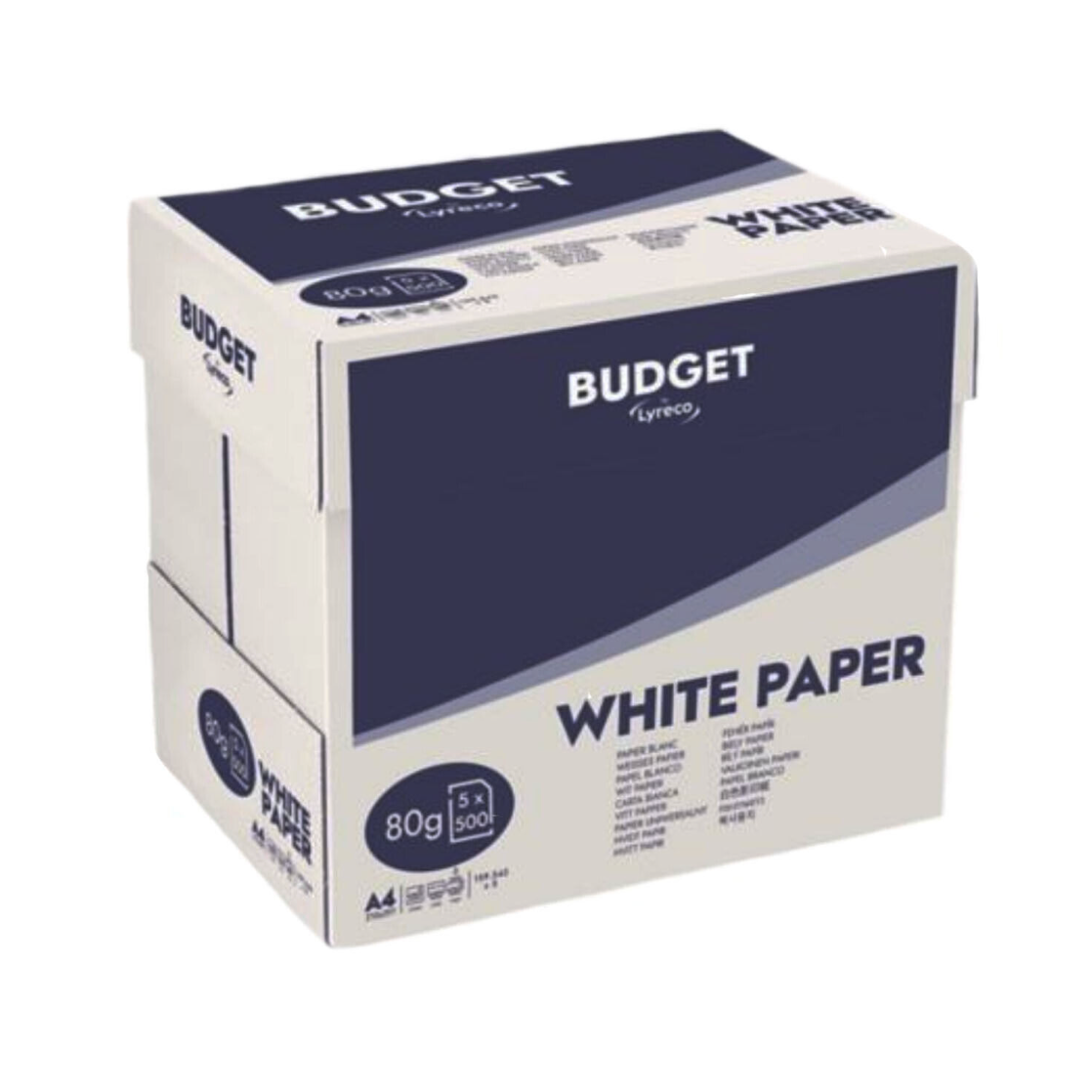Microplastics have become a recent buzzword in environmental conversations, sparking discussions on their negative impact on both the environment and human health. However, to fully understand the importance of this issue, we need to first understand what microplastics are, how they have come into existence, and what it means for our future.
Before discussing its issues, let’s start with a clear definition of microplastics. Officially, microplastics are defined as plastics less than 5 millimetres in diameter, no bigger than a standard pencil eraser. These plastics can be categorised into two main groups: primary and secondary microplastics.
Primary plastics are intentionally produced microplastics. These are usually in the form of microbeads, microfibers, or powders, and used in cosmetics, industrial processes, and clothing.

Secondary plastics are the result of larger plastic items broken down into smaller particles over time due to various conditions, like environment changes or sunlight. These tend to take the form of fragments, sheets, films, or granules.
Why are these plastics dangerous?
Plastic is now recognised as a significant hazard to the environment due to its non-biodegradable nature. These harmful plastics have been found in the ocean, beaches, freshwater sources, and even in drinking water and food supplies. The presence of microplastics have been detected in small marine organisms such as plankton, all the way to the human body itself. Adding to the challenge, water treatment facilities lack the capability to remove these plastics, leading to an uncontrollable consequence of human activities. To make matters worse, plastics do not break down over time, requiring hundreds to thousands of years to break down. Their durability and buoyancy aid them in their widespread invasion of every ecosystem on Earth. Plastic pollution frequently results in consumption by organisms, with initial reports of turtles and sea birds consuming plastic dating back to the 1960s. Microplastics also have the ability to transfer contaminants absorbed from elsewhere, such as harmful hormones, pollutants, and chemicals.
What does this mean for our future?
The truth is, microplastics are now on every part of the planet, contaminating environments like the deep sea to all the way to arctic ice. Addressing the microplastic problem we recreated is our responsibility, and we need to do our best to alleviate its impacts. So how can we do this?
The most crucial step involves implementing measures to ban or replace primary microplastic in all its forms. Luckily progress on this has already been made. In 2019, the European Chemicals Agency evaluated microplastics and proposed extensive restrictions on products within the EU market to avoid its release into the environment.
Secondly, there is a pressing need to assess and implement clean up strategies and technologies for microplastics. Ongoing experiments are being conducted to explore clean up techniques using chemical compounds, and intercepting microplastics in rivers before they reach the ocean.
Finally, as individuals, it is most important to stay well-informed and do our best to be aware of our consumption habits. To help us do this, The Plastic Soup Foundation has developed “Beat the Microbead” app, allowing users to scan their products at home for the presence of microplastics, and make informed decisions before purchasing items. Just by reading this blog, you have already gained valuable knowledge to make more informed decisions about products you use, and join us in the fight against microplastics.
Here at SR Mailing, we are doing our part by offering both compostable and 100% recyclable products. This helps our customers to reject single-use plastics, and contribute to keeping our environment microplastic-free. By choosing compostable products, you can guarantee that no matter how your customers dispose of our mailbags, when they break down, they will do very little harm compared to traditional plastics. Additionally, by choosing recycled products, you are actively keeping already made plastic in the system and out of landfills and oceans. Check out our products here to learn more and support our commitment to this cause.








